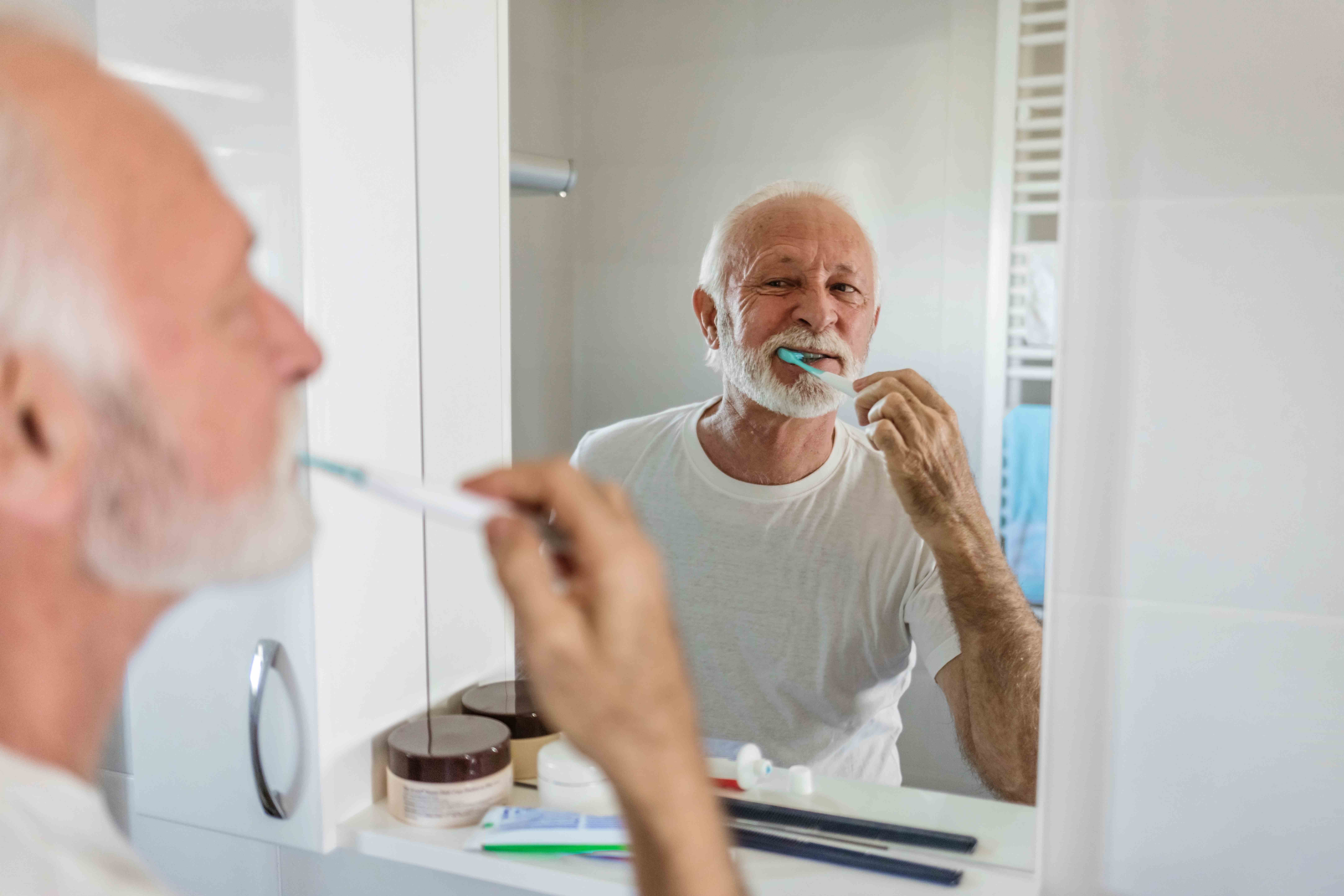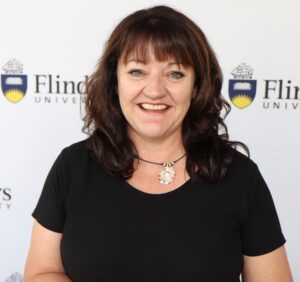
When a stroke strikes, every minute counts. Swift and efficient care can make the difference between life and death, between full recovery and long-term disability. However, despite national guidelines outlining best practices for stroke care, implementation gaps persist, impacting the quality of care received by stroke patients.
Recognising these discrepancies, a research project led by Caring Futures Institute’s Dr Joanne Murray, aptly named ‘Screen, Clean, Hydrate’ commenced in 2020, focusing on stroke care optimisation, particularly in the realms of swallowing difficulties, oral health, and hydration management. In close collaboration with a dedicated team of healthcare professionals, including nurses, doctors, speech pathologists, and other allied health professionals, the project aimed to bridge the gap between guideline recommendations and clinical practice.

The initial phase of the project involved identifying the causes of suboptimal stroke care. One significant barrier emerged: poor oral hygiene among stroke survivors, stemming from mobility limitations, dexterity issues, and decreased alertness. The accumulation of food and saliva in the mouth poses serious health risks, including respiratory complications due to aspiration of bacteria into the lungs. This observation underscored the importance of addressing oral health as an integral component of stroke care.
Over the course of the last two years, the study which is funded by The Hospital Research Foundation Group has been conducted at two South Australian hospitals, Flinders Medical Centre in the State’s south and Lyell McEwin Hospital in the State’s north. The approach varied between the sites, reflecting their unique priorities and challenges. At Flinders Medical Centre, the focus shifted towards enhancing oral healthcare practices, leveraging dedicated nursing staff as champions to effectively implement strategies. Significant improvements were observed, particularly in the planning and documentation of oral healthcare delivery and hydration assessment.
Lyell McEwin Hospital adopted a multidisciplinary approach, involving various healthcare professionals to ensure comprehensive care delivery. This collaborative effort extended beyond oral health, encompassing hydration management as part of rehabilitation efforts. It too reported positive outcomes, with high compliance rates in swallow screening and notable improvements in oral healthcare and hydration assessment.
Dr Murray underscores the project’s positive outcomes.
“So far, we’ve seen high compliance rates in swallow screening, particularly at Lyell McEwin, and significant advancements in oral healthcare assessment at both sites. Integrating a multidisciplinary approach involving speech pathologists, nurses, occupational therapists, and other allied health professionals has proven highly effective in ensuring comprehensive care delivery.”
As the project prepares to extend its implementation to Mount Gambier Hospital, a renewed focus on patient experience is underway. Formal meetings are being held to identify champions who will drive the project forward on the ground. Key stakeholders have voiced their support, citing incidents that underscore an urgency for improvement.
Dr Murray emphasised the significance of integrating patient insights into project evaluation, stating, “Patients’ experiences are invaluable for understanding the effectiveness of our strategies.”
Addressing roles and responsibilities is paramount, as it involves influencing behaviour and system dynamics within the healthcare setting. Success hinges on more than just quantifiable metrics; it requires genuine changes in clinical practice and organisational culture. Evaluating the effectiveness of these changes remains a complex endeavour, but ongoing audits provide an objective measure of progress.
The research project highlights the importance of an holistic approach to stroke care, addressing not only urgent medical interventions but also the often-overlooked, long term aspects of oral health and hydration management. By bridging the gap between guidelines and clinical practice, the project strives to improve outcomes for stroke patients, enhancing their quality of life and overall wellbeing.

